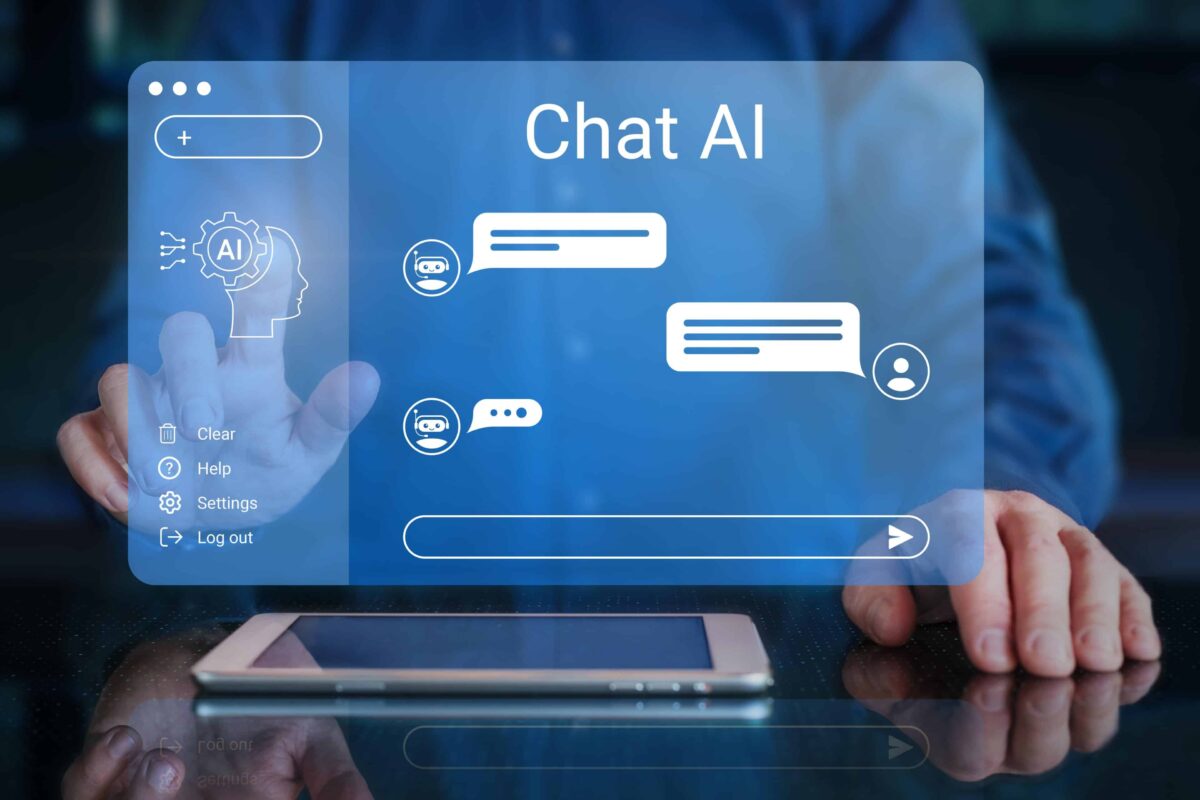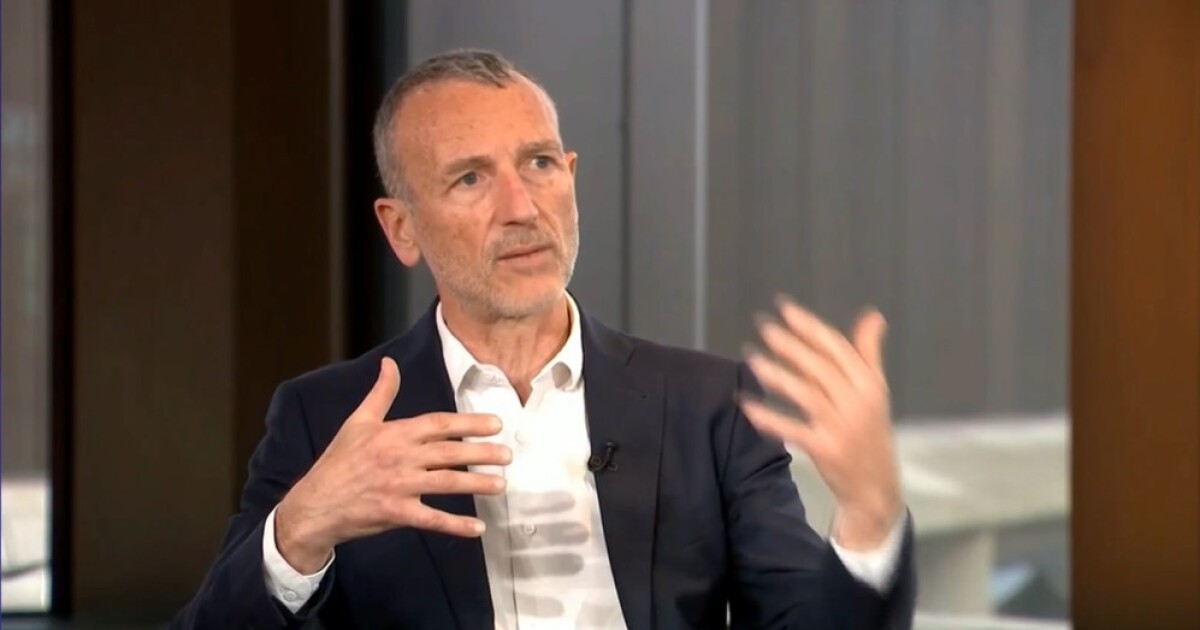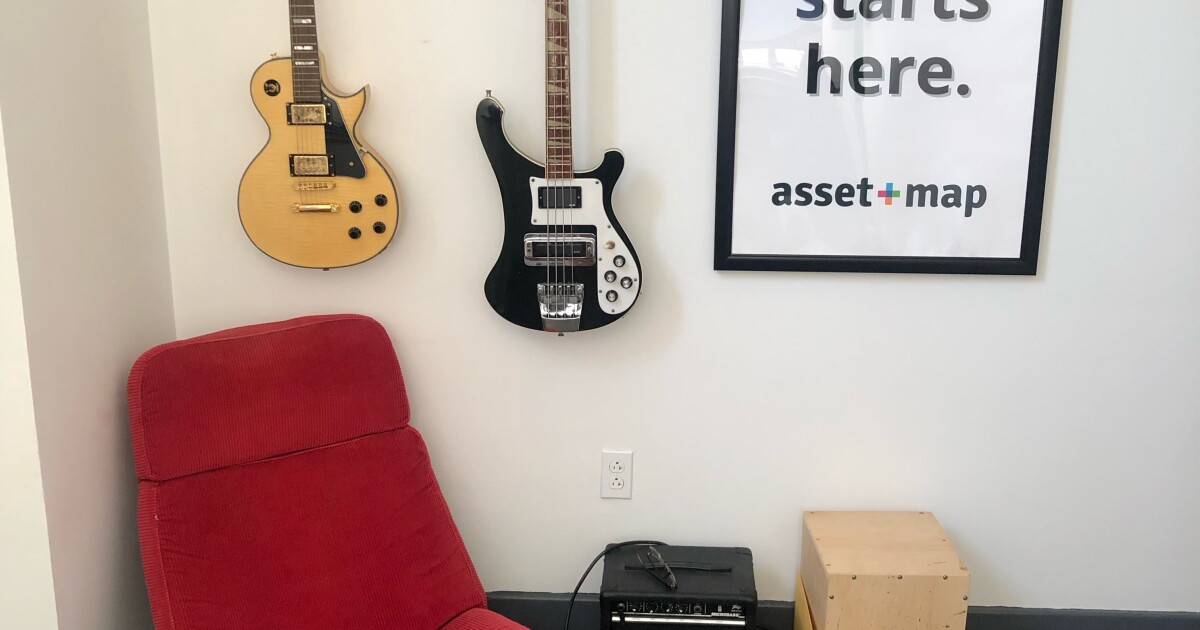Ask HR tech expert Melanie Lougee about the current trends in employee workflow and HR technology and she emphasizes two things: consolidation and, probably no surprise, generative AI.
Lougee, head of employee workflows strategy at ServiceNow and a former Gartner analyst, as well as a longtime Top 100 HR Tech Influencer, sat down with HRE during the recent HR Technology Conference to discuss what she’s noticing in the fast-changing industry.
In employee workflow, for example, Lougee sees the opportunity for organizations to improve employee experience for individuals, managers and HR professionals by automating manual, repeated processes and consolidating various point solutions into a single “mega-solution.”
Doing this not only boosts productivity, efficiency and collaboration within teams, but it improves the digital employee experience and, by extension, employee engagement, she says. And when managers and HR teams have the ability to “see” employees through a single lens, that also helps improve productivity, efficiency, engagement and other metrics. That’s because a combined workflow solution makes work easier by removing the time and distraction of switching from one tool to another. It also provides everyone with the same experience, Lougee says.
“A lot of times, companies are looking for one experience for everybody,” she says. “No matter whether it’s an employee, a contingent worker or an intern, you try to give everybody a single experience.”
ServiceNow’s Employee Center Pro, for example, which replaces an organization’s intranet, provides one workflow and experience to employees whether they’re asking questions of HR, managing daily work tasks or updating their profile for the company org chart.
As generative AI barrels into all aspects of HR tech, its use in skills intelligence is particularly interesting to Lougee because of its potential to revolutionize learning.
As skills intelligence tech works today, it can surface recommended learning courses for an employee based on their role. But adding generative AI to the technology can build a personalized learning course for that individual, she says. The course can be based on an employee’s particular learning style and preferences, as well as their background.
Gen AI also can be connected to talent acquisition technology to help create interview questions customized to individual applicants, Lougee says.
As Lougee looks five to 10 years into the future, she predicts that changing global socioeconomic forces will come together to create new work centers in Mexico and Eastern Europe, as U.S. employers increasingly leave China where tensions are rising against the U.S.
And as that happens, HR leaders must know where every worker is based and how to best address their health and safety needs in that country, Lougee warns.
“If there is a threat to a workplace because of an environmental catastrophe or something along those lines, you need to know where everybody is—not just your regular full-time employees,” Lougee says. “You need to not only be prepared with things like health and safety but also with understanding who’s in your buildings so you can make sure everybody is looked after.”
More from the Expo Hall at HR Tech
Credit: Source link










